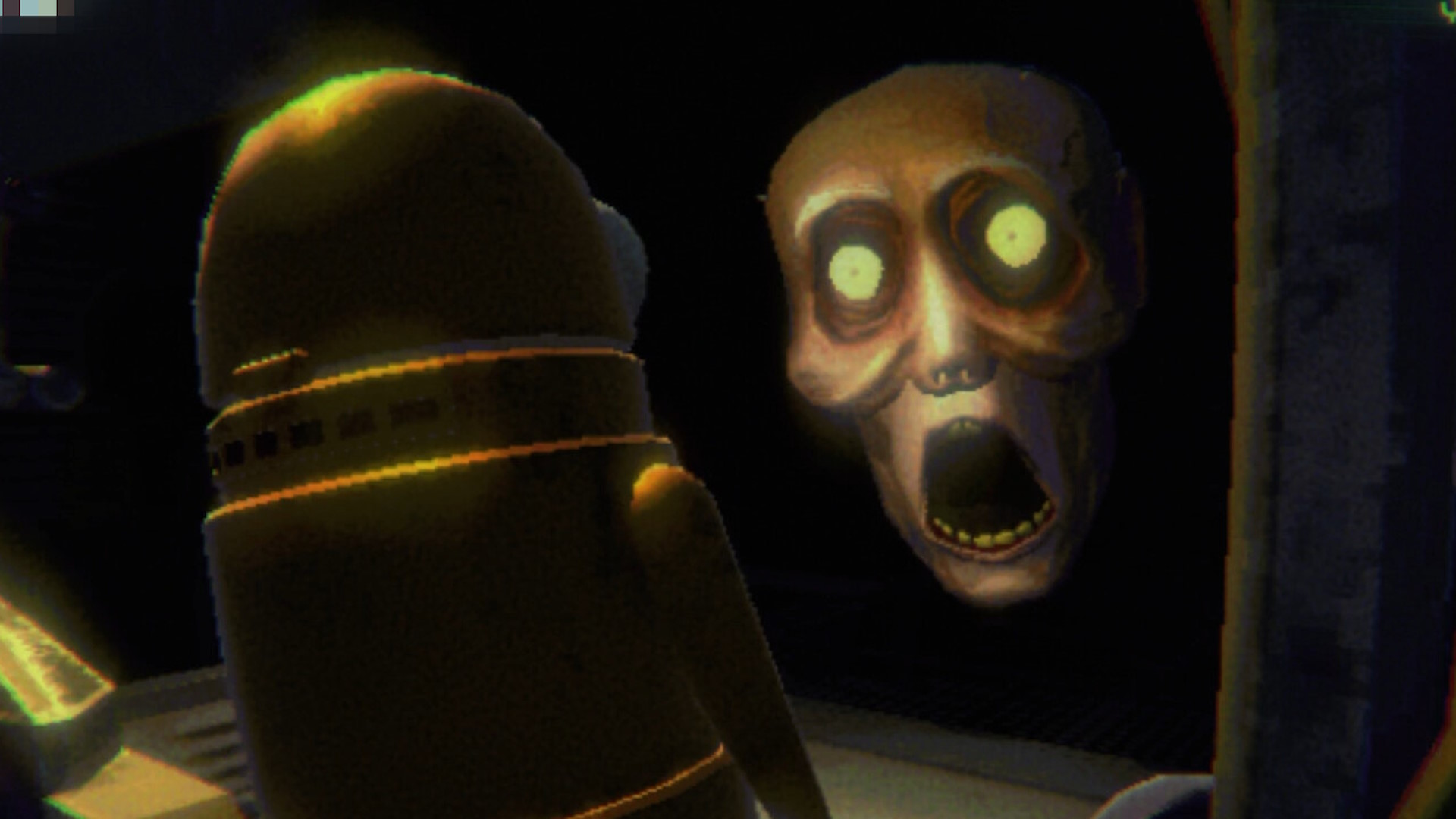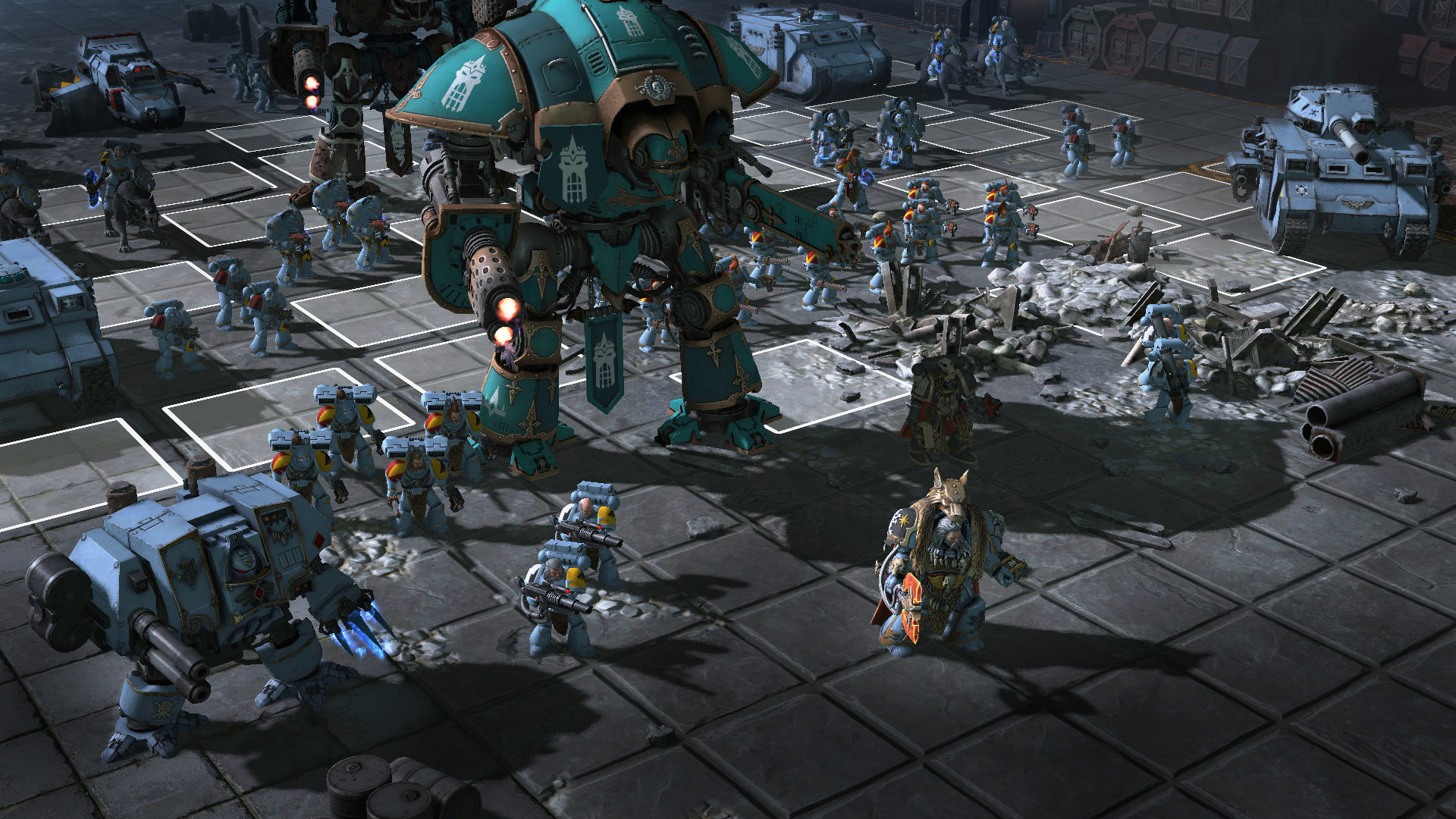
Gestalt: Steam And Cinder Review - Steamed Ma'ams
More than almost any other genre, the metroidvania is reaching a saturation point. We have beloved modernizations like Hollow Knight and Axiom Verge and big-budget takes like Batman: Arkham Asylum or this year’s Prince of Persia: The Lost Crown, alongside a steady, constant drumbeat of indie releases. It’s hard to throw a rock at Steam without hitting at least a couple of metroidvanias, and with that much choice, it’s hard for any one to stand out. Gestalt: Steam and Cinder is the latest indie take on the genre, but it manages to do what many others don’t: pay homage to the two most prominent originators of the genre with smart, deliberate design choices that help it stand out in a crowded field.
In some sense, all metroidvanias combine aspects of Super Metroid and Castlevania: Symphony of the Night. Gestalt does so as well, but it also wisely leans on some of their best attributes, which feels like a conscious choice. For Super Metroid, that means a vast, interconnected world that is broken into a handful of distinct zones that play like their own stages. And like Symphony of the Night, it sports gorgeous pixel art with an emphasis on slick combat with light RPG hooks.
In Gestalt, you play as Aletheia, a no-nonsense bounty hunter who is on semi-friendly terms with the governing body of Canaan, a post-apocalyptic steampunk city. The world has recovered from the devastation of a war involving clockwork soldiers and cursed armor, but the stability is tense and everyone senses it’s coming to an end. You get the impression throughout that Canaan’s peacekeepers have tried to recruit Aletheia at various points, but she’s always preferred to go her own way because she is, above all else, a cool, independent protagonist. Taking bounties ultimately leads to trouble as she investigates the areas around Canaan for clues about what’s really going on.








